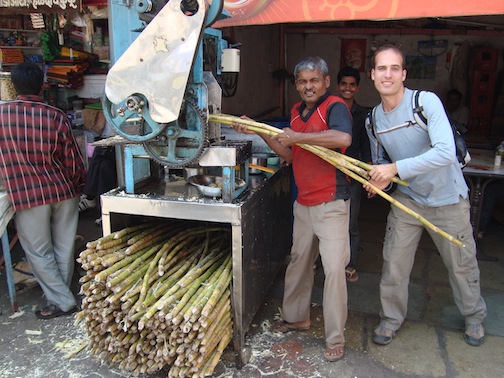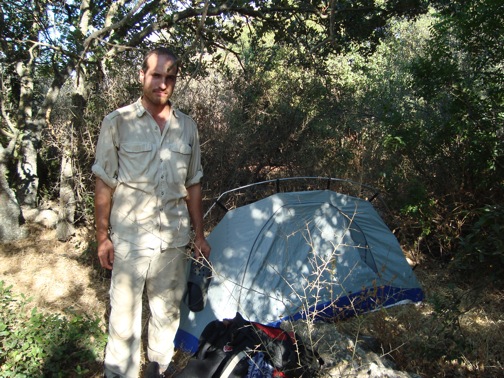Parshas Naso: Purifying Our Thoughts
We understand why some groups of ultra-orthodox Jews segregate themselves from the rest of the world. The modern world is full of non-Jewish influences. You turn on the radio and hear immodest music. You turn on the television and see people dressed immodestly. You walk in the street and you smell non-kosher food.
Most of us think we are strong enough to resist temptation. “I can quit smoking any time I want,” says the smoker. And yet, those who really have quit smoking know it is not that easy. But how did he start smoking in the first place? He was probably surrounded by friends who smoked. He started just by trying a bit, then a bit more, and eventually he was addicted. And more than simple addiction – smoking became part of his world, his routine, his social scene.
It is the same with non-Jewish influences. If we surround ourselves with people who we regularly see eating bacon, it is hard to resist the temptation to try it. And this applies with things that go far beyond the laws of kashrut or modesty. It includes our entire values system. And it starts in our minds.
This is the meaning of the sotah, the wayward woman, in this week’s parsha. In the Temple times, a woman who had been warned not to be alone with a certain man was seen secluding herself with him and was accused of adultery. She proved her innocence – or her guilt was revealed – when she drank a potion of water and the dissolved ink from a parchment with this passage of the Torah on it. Today, we do not follow this literally, but we can gain from its meaning.
The sotah is like our mind. Rabbi Nachman of Breslov teaches that, like a married woman who should not be alone with a man other than her husband, our minds should not be alone with non-Jewish thoughts. In Judaism, there are three levels of mitzvah and aveira: thought, speech, and action. By secluding ourselves with our thoughts, we think we are safe and will not be found out. But the influences will eventually come out in our speech and our actions.
This week, as we prepare ourselves to relive the giving of the Torah, is a perfect time to work on purifying our thoughts.
Shabbat shalom!
Read more on Parshas Naso: Purifying Our Thoughts
Read more on Parshas Naso: Making Peace – with EVERYONE
Read more on Parshas Naso: Learning to be a Leader
Read More






